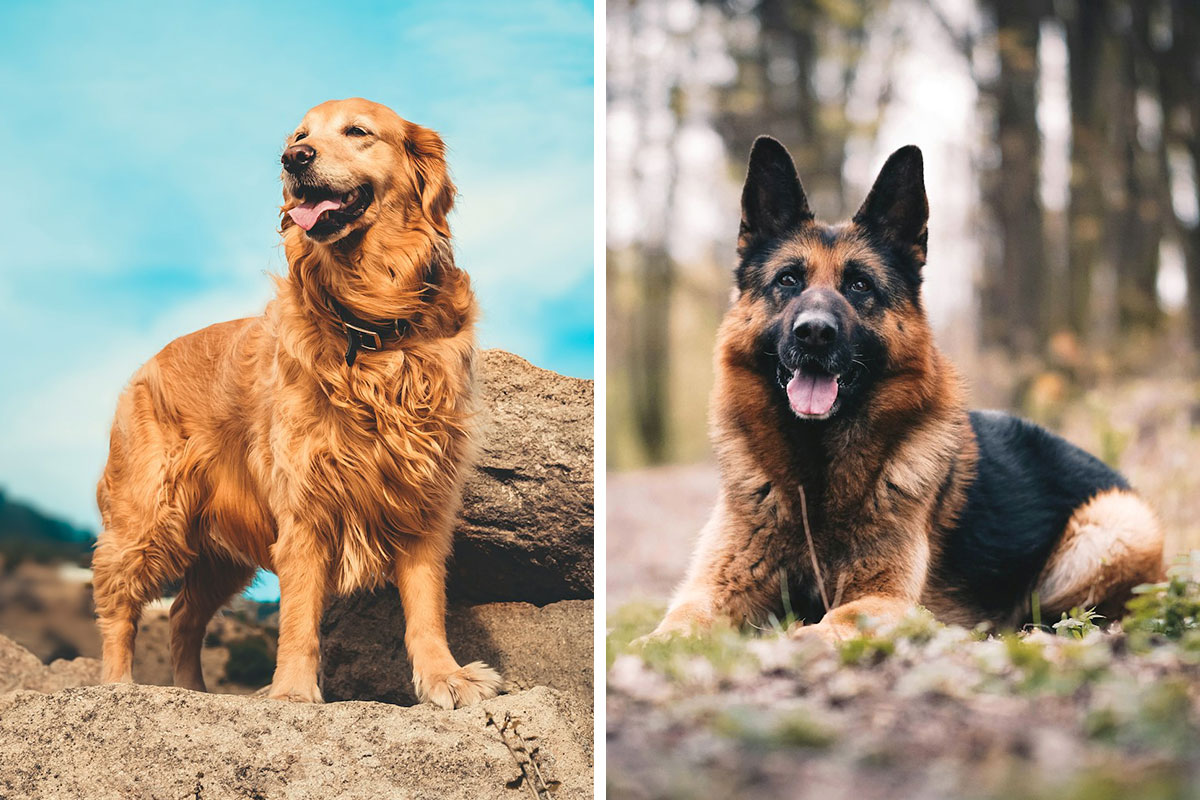
Best Service Dog Breeds for Various Needs: A Comprehensive Guide
Service dogs are super helpful for people with disabilities, making their lives more independent and better. They’re trained to do specific things, like helping with moving around or giving emotional support. Choosing the right type of service dog is important because different breeds are good at different things.
This guide – your go-to source for information – will look at the best breeds for various service dog jobs. It will focus on what makes each breed special and why they’re good for certain tasks.
- Labrador Retriever excels as guide dog for the visually impaired.
- Golden Retrievers are known for intelligence and social nature.
- German Shepherds provide stability and mental health support.
- Bernese Mountain Dogs are versatile with strong physical support.
The information provided herein is for informational purposes only. Please refer to our disclaimer for more details..
What Is a Service Dog?
A service dog is a special kind of working dog that’s trained to help people with disabilities. This makes their lives easier and more independent. The Americans with Disabilities Act (ADA) says a service animal is “a dog that is individually trained to do work or perform tasks for a person with a disability.”
These tasks are specific to the handler’s disability. For example, a service or assistance dog could guide someone who can’t see, help a person in a wheelchair, alert someone with diabetes to changes in blood sugar levels, or give support to someone with PTSD or anxiety.
But, service dogs are different from emotional support animals (ESAs) and therapy dogs. ESAs are there to provide comfort just by being around a person. They aren’t trained for specific disability-related tasks. So, ESAs don’t have the same legal rights or public access as service dogs do.
10 Best Service Dog Breeds
Now, let’s explore the top 10 best service dog breeds that cater to a wide range of needs and abilities.
1. Labrador Retriever
Labrador retrievers set the standard in the service dog world. Especially as guide dogs for those who can’t see. They’re smart and strong. Also, they’re active and reliable. Training them is easy, and they form strong bonds with dog owners. That’s exactly what you need in a guide dog.
- Primary Role: Labradors are famous for aiding visually impaired people. They grant more independence and mobility. Their size and steady nature are ideal for physical support.
- Intelligence: These dogs are really smart. They master various tasks, from simple to complex service roles.
- Temperament: They’re friendly and calm. That’s crucial for service dogs working in diverse environments.
- Trainability: Labradors aim to please and learn fast. This makes training them straightforward and successful.
- Sensory Skills: Their excellent sense of smell is a significant asset. It’s particularly useful for medical alert tasks.
- Adaptability: They easily adjust to different settings. This versatility is essential for service dogs in various locations.
2. Golden Retriever
The golden retriever, often considered the Lab’s partner in the world of guide dogs, is highly valued for similar qualities. These include their intelligence, manageable size, and deep affection for people. They love being trained and then performing a job. But, it’s important to remember, that they do shed a fair amount.
These dogs are effective in service roles for a few key reasons:
- Trainability: Golden Retrievers learn quickly and easily. They’re smart and eager to please, which makes them great at learning different tasks for service roles.
- Loyalty and Physical Strength: They’re loyal and strong, helping their handlers with various physical activities.
- Social and Calm Nature: These dogs are friendly and calm, important for working in public and around other people and animals.
- Energy and Sensory Abilities: They have the energy needed for a full day’s work and an excellent sense of smell, useful for specific detection tasks.
3. German Shepherd Dog
German Shepherd Dogs are well-known for their service roles. These include physical support, balance, stability, and diabetic alert tasks. Their qualities make them great for many service jobs:
- Role in Service: These dogs excel in physical support. Their strength and size help people with mobility issues. They provide balance and stability.
- Intelligence: German Shepherds are very smart. They’re good at learning complex tasks needed in service roles.
- Temperament: They have a stable temperament. This is key for service work. They stay focused and calm in different settings.
- Physical Attributes: Their athletic build is a big plus. It helps them provide physical assistance. It also gives a sense of security in both open and crowded places.
- Psychiatric Assistance Suitability: These dogs can help with mental health issues too. This includes depression, anxiety, and PTSD. They’re trained for things like tactile stimulation and stopping harmful behaviors.
- Maintenance and Exercise Needs: They’re low-maintenance for grooming. But, they need regular exercise and mental challenges, especially if they come from working lines.
4. Poodle (Standard)
Standard Poodles are really appreciated as service dogs. They help people with physical, mental, visual, and hearing challenges. Their ability to fit into different service roles comes from their special mix of qualities:
- Roles in Service: These dogs are great for physical tasks because they are strong and big. Their sharp intelligence and alertness help them assist with mental and sensory impairments.
- High Intelligence: Standard Poodles are super smart. This makes them quick learners and good at doing complex tasks, which is crucial for service dogs.
- Hypoallergenic Coat: Their coat is hypoallergenic. This is great for people with allergies. It makes them a top choice in many places.
- Adaptability: They are known for adjusting well. They can work in different places and meet various service needs.
- Temperament and Sensitivity: Standard Poodles are calm and sensitive. This is important for jobs where they work closely with their handlers.
5. Bernese Mountain Dog
Bernese Mountain Dogs are famous for being great service dogs. They have a perfect mix of physical strength, smarts, and a hardworking nature. This makes excellent service dog for many types of service jobs.
- Physical Strength: They’re strong enough to help with heavy lifting and help people move around. This is perfect for jobs that need physical support.
- Intelligence and Trainability: These dogs are really smart and easy to train. They can learn and do complex tasks well. They’re great at noticing changes in physical or mental states and reacting the right way.
- Versatile Service Roles: They work well as guide dogs, hearing support dogs, psychiatric service dogs, and allergy detection dogs. This shows how flexible they are in different service roles.
- Temperament: They are known for being loyal, loving, and eager to please. These qualities are key for working closely with their handlers.
- Health Considerations: Future owners should know they can have certain health issues and a shorter life. Regular health checks and preventive care are important.
6. Great Dane
Great Danes are amazing service dogs. They are loved for their big size and kind nature. They’re really good at providing balance, helping with mobility, and giving emotional support.
- Roles as Service Dogs: Great Danes are big and strong. This helps them give stability and support to people with mobility issues. They help their handlers stand, walk, and keep balanced.
- Large Size: Their impressive size is a big plus. It’s useful for jobs that need physical support and steadiness.
- Friendly Attitude: These dogs are very affectionate. This makes them a comforting buddy for their handlers.
- Calm Under Pressure: Great Danes stay calm in different situations. This makes them reliable for giving emotional support when it’s needed the most.
7. Collie
Collies are excellent service dogs. They are smart, always alert dog, and work really hard. They are especially good at sensing seizures and providing emotional support. Here are their main qualities and jobs:
- Seizure Detection: Collies can amazingly sense changes in their handler’s body. They can detect seizures before they happen. This gives the person time to get ready and seek help.
- Emotional Support: Collies are loving and caring. They are great emotional support animals. They bring comfort and friendship to people facing emotional problems like anxiety and depression.
- Intelligence: Collies are super smart and learn quickly. They are good at understanding and following commands. This is really important in service roles where they need to react to certain cues or signals.
- Alertness: They are always watching and aware of what’s happening around them. This is key in seizure detection, as they need to be on the lookout for any distress in their handler.
- Strong Work Ethic: Collies are focused and committed workers. They take their service roles seriously and are dedicated to helping and supporting their handlers.
8. Cocker Spaniel
Cocker Spaniels are really valuable and cheerfully demeanor as service dogs. They help people with disabilities in special ways:
- Role in Service: They are important in helping people with disabilities. They do specific tasks that make challenges easier and help people be more independent.
- Intelligent and Trainable: Cocker Spaniels are easy to train because they are smart and like to please. They learn commands and routines quickly. This lets them do complex tasks well.
- Exceptional Sensory Skills: Their amazing sense of smell is really helpful. They assist people with medical conditions like diabetes or epilepsy. They can alert to emergencies, sense changes in blood sugar, and warn about seizures.
- Mobility Assistance and Retrieval: Cocker Spaniels are great at helping people move around. They can be trained to pick up things, open doors, help with balance and assist in daily activities like walking or going upstairs.
- Emotional Support and Socialization: They do more than just practical tasks. Cocker Spaniels give emotional support too. Their loving and understanding nature helps people deal with emotional issues like anxiety and depression. They also help people socialize more, which is good for their overall well-being.
9. Dalmatian
Dalmatians are easily recognized for their unique spots and friendly nature. They’re good at certain service dog roles like helping with psychiatric issues, supporting people with autism, and assisting with mobility.
- Intelligence: A big thing about Dalmatians is their smarts. They learn fast, which is important for service dogs. They quickly understand cues and commands, making them great for service tasks.
- Obedience: Dalmatians are loyal and listen well. They form close bonds with their owners. This connection makes them alert and ready to help their handlers, which is key for a service dog. Their size and strength are useful for tasks that need physical support.
- Stamina: Dalmatians have a lot of energy and can keep going for a long time. This helps them do their service dog jobs. They need regular exercise and things to keep their mind busy to stay focused and healthy.
10. Pomeranian
Pomeranians might be small, but they can be really useful as service dogs. They’re especially good at jobs that don’t need a lot of physical strength. Here’s why they’re great for these roles:
- Non-Physical Tasks: Pomeranians are great at jobs that don’t need much muscle. They can let their owners know about sounds like doorbells or phones. They can also fetch light things and provide emotional support.
- Small Size: Their small size is a big advantage. It makes them easy to carry around. This is perfect for people who can’t move much or don’t have a lot of space.
- Attentiveness to Owners: Pomeranians are super loyal and really pay attention to their owners. They form close bonds and quickly learn what their owners want.
- Good for Less Active Lifestyles: Pomeranians are ideal for people who aren’t very active but need help with non-physical tasks. They do well indoors and are great companions.
Conclusion
Picking the right service dog breed is really important. Every breed has its own special traits, so it’s key to think about what you personally need. Whether you need help with physical stuff, emotional support, or tasks that aren’t physical, there’s a breed that fits. The relationship between a service dog and its owner is unique and can really change lives. It’s all about trust and loyalty. When you find a breed that matches your needs, it makes life better for both the dog and the owner.
123views
Share on Facebook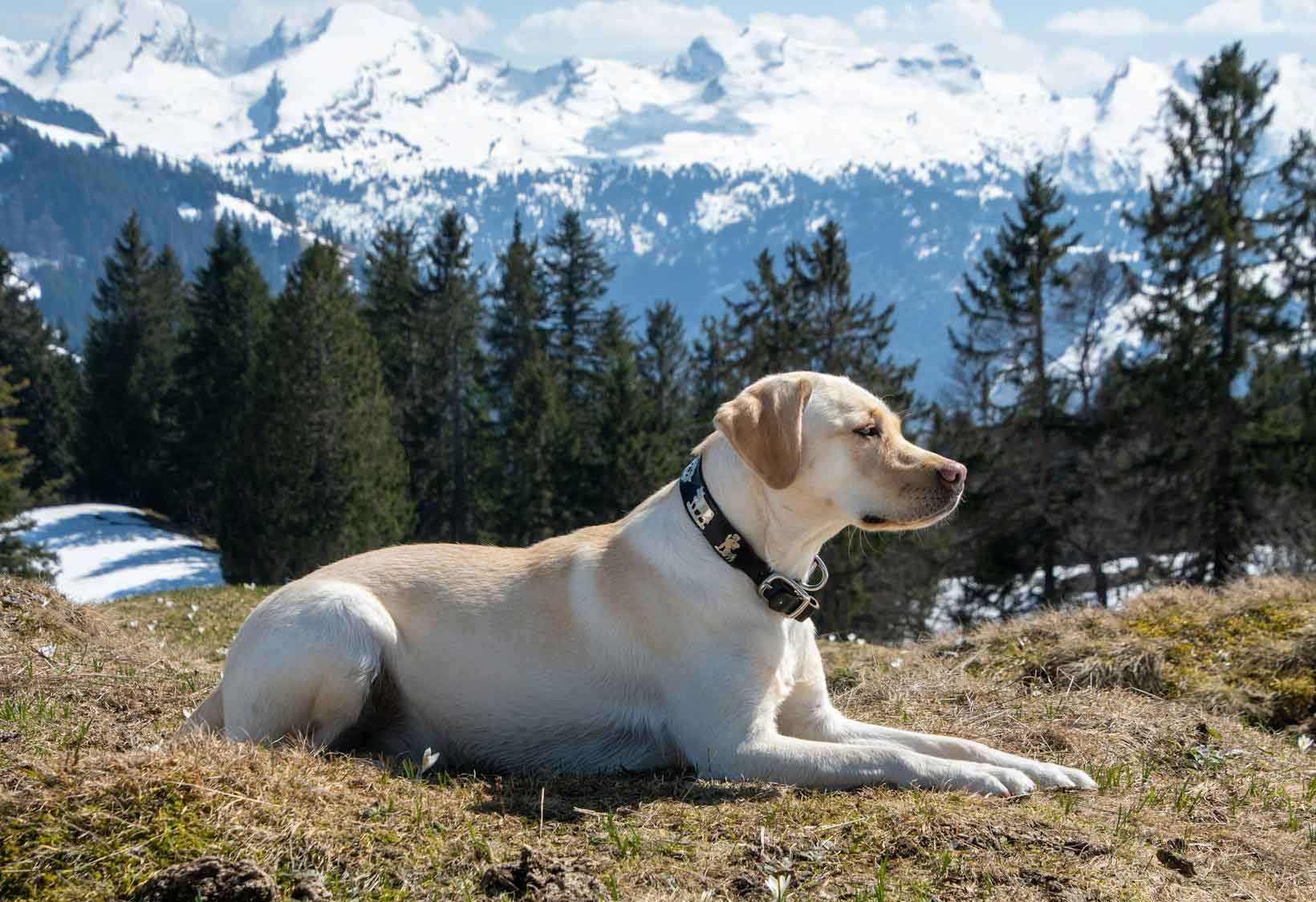 Image credits:
Image credits:  Image credits:
Image credits: 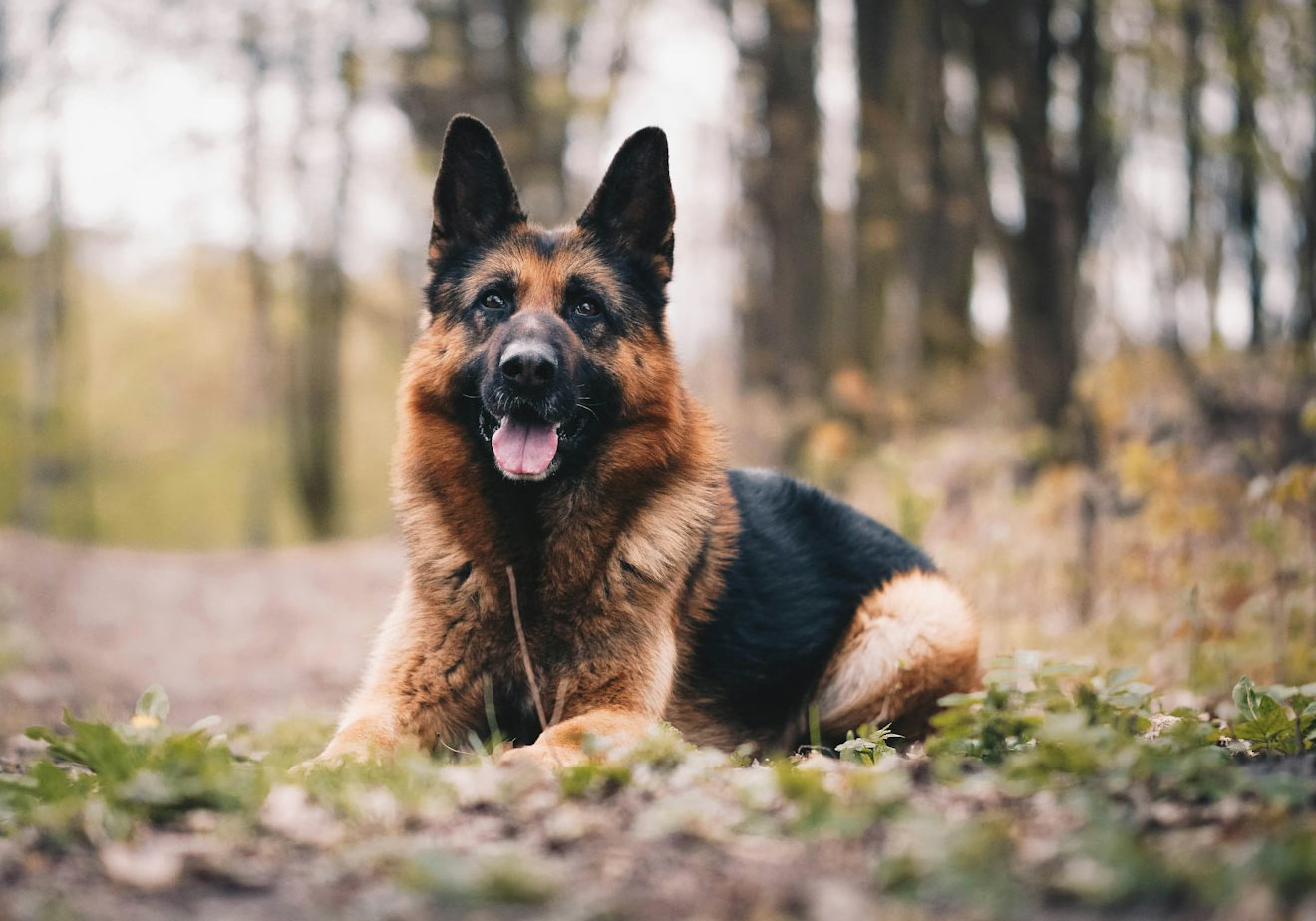 Image credits:
Image credits: 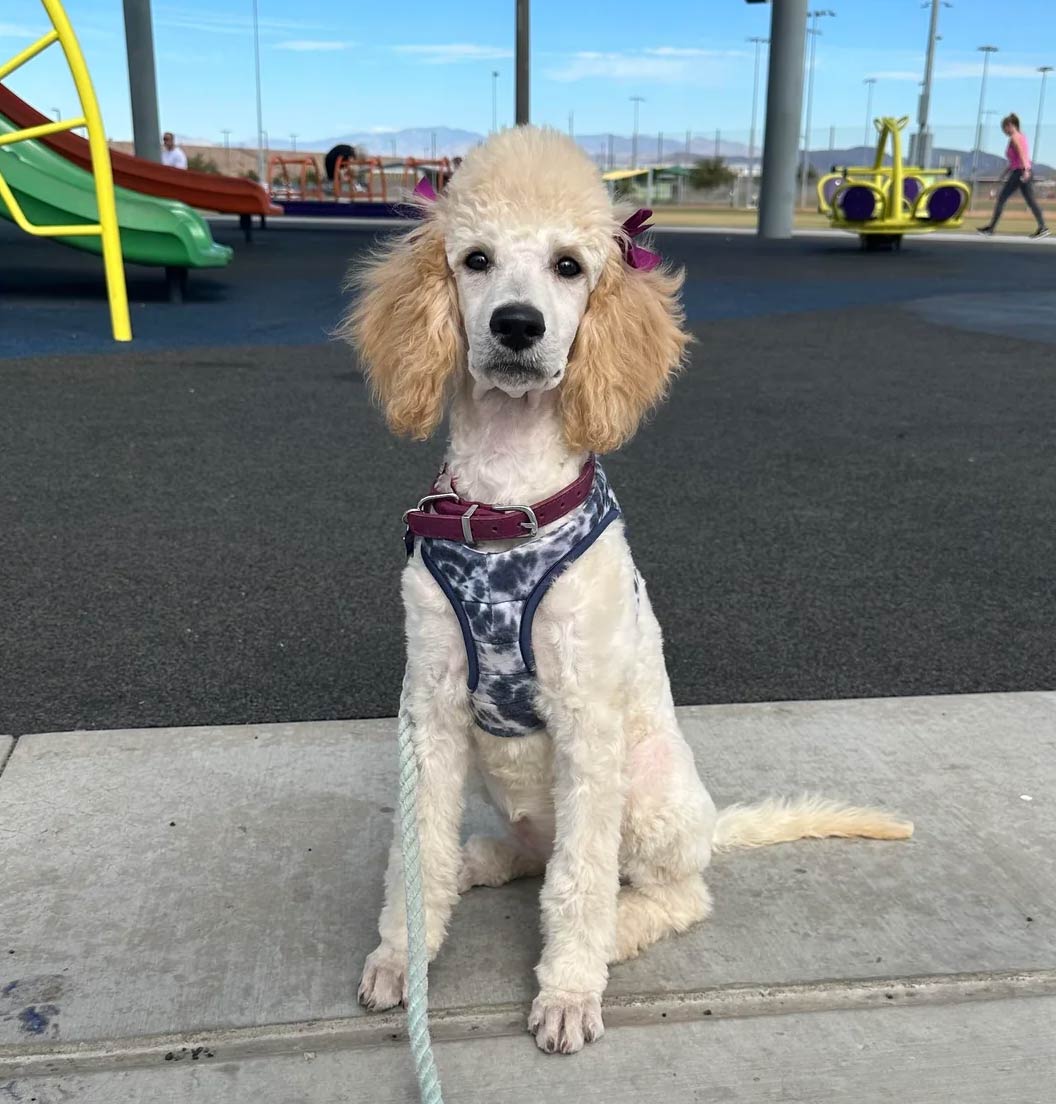 Image credits:
Image credits: 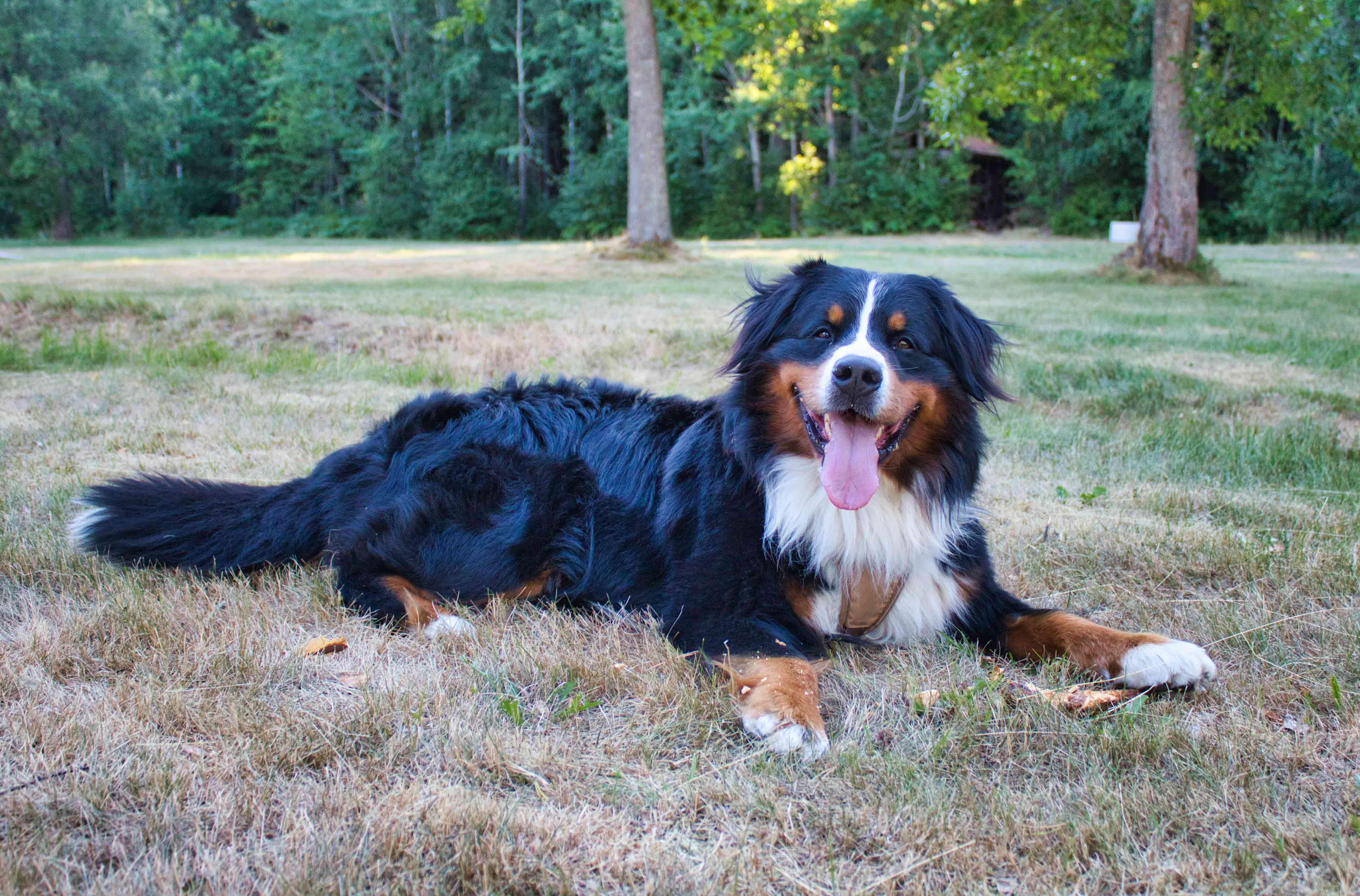 Image credits:
Image credits: 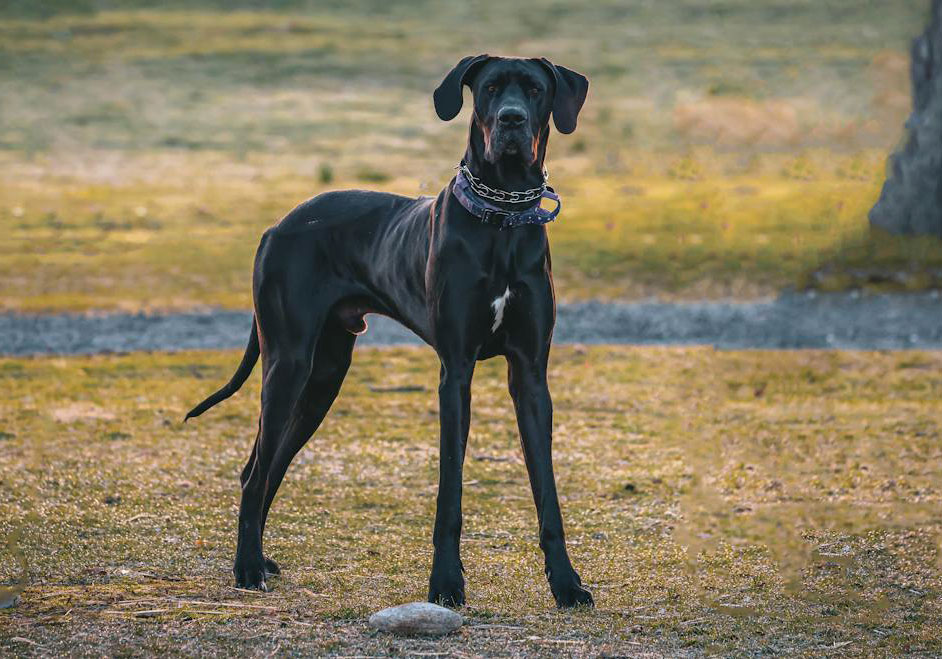 Image credits:
Image credits: 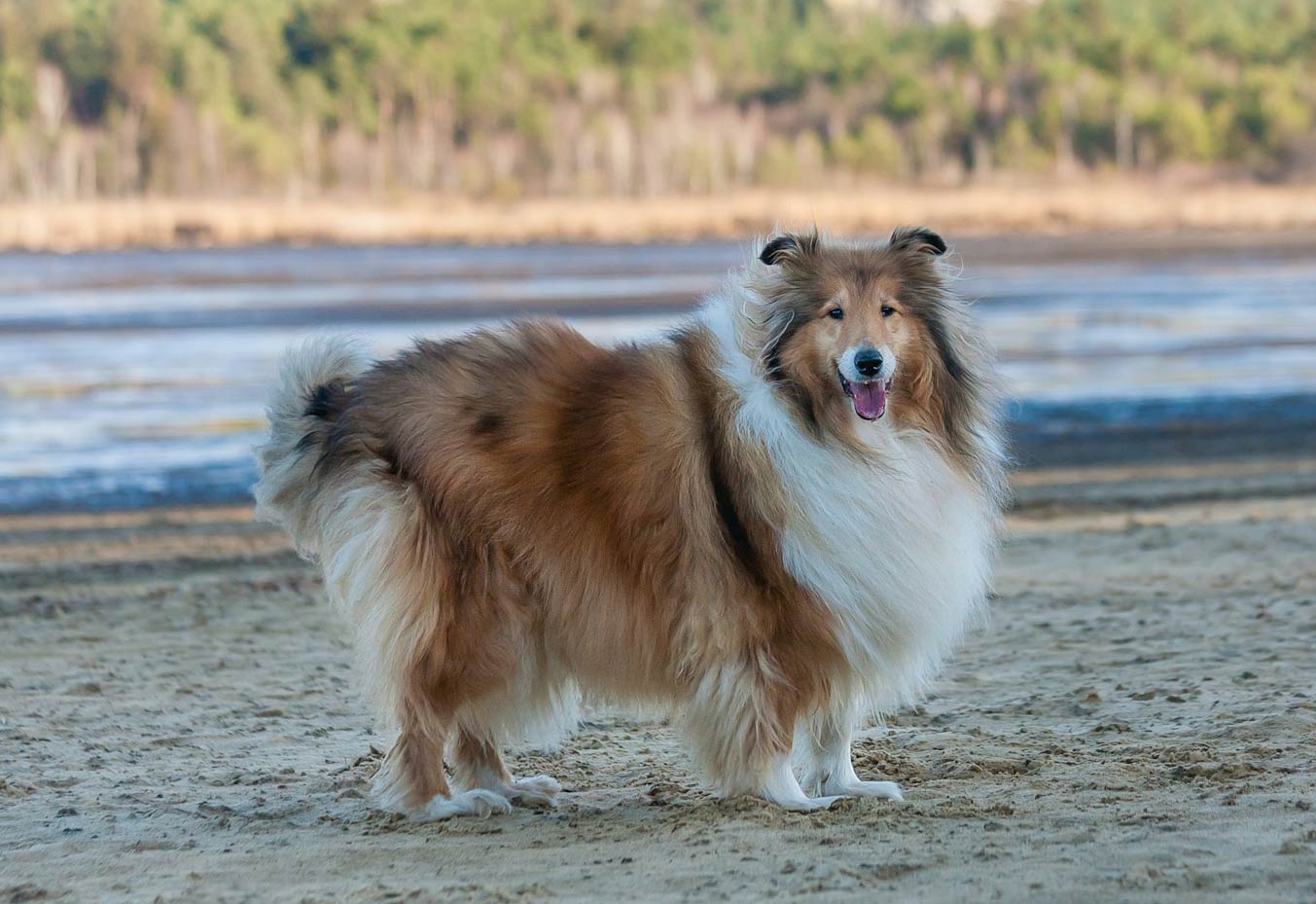 Image credits:
Image credits: 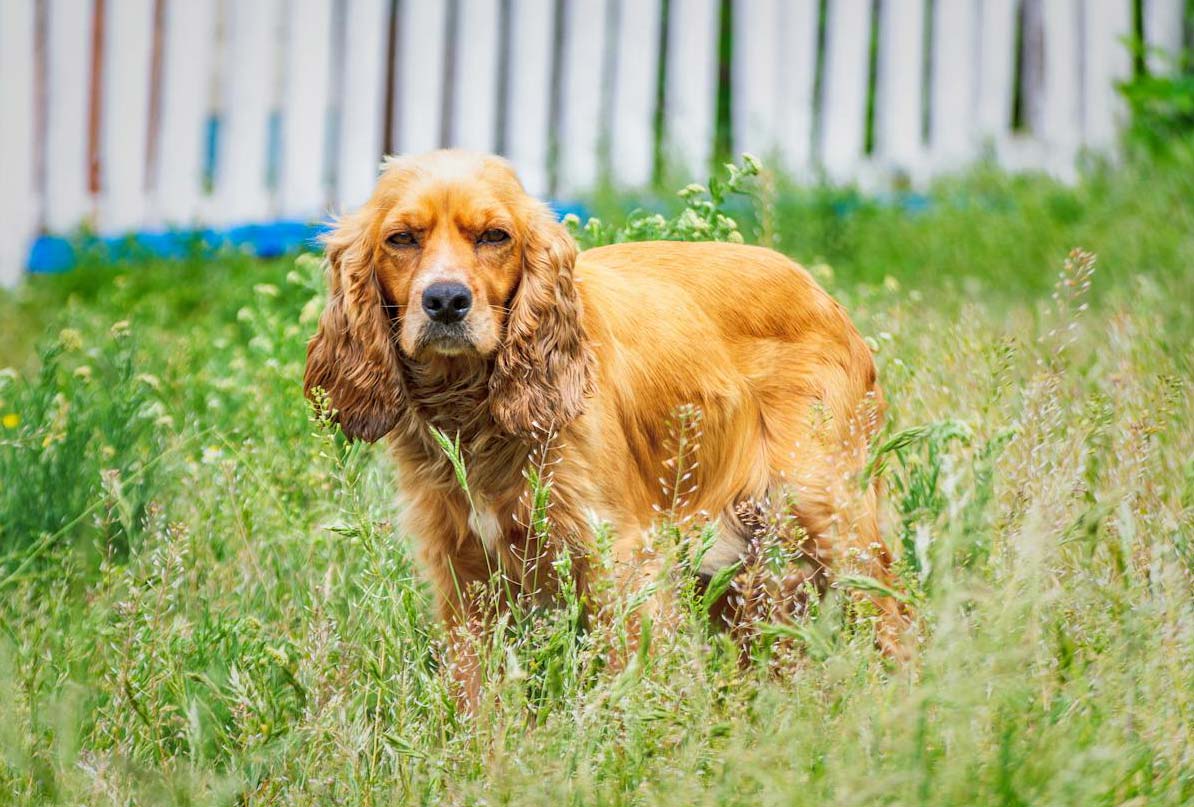 Image credits:
Image credits: 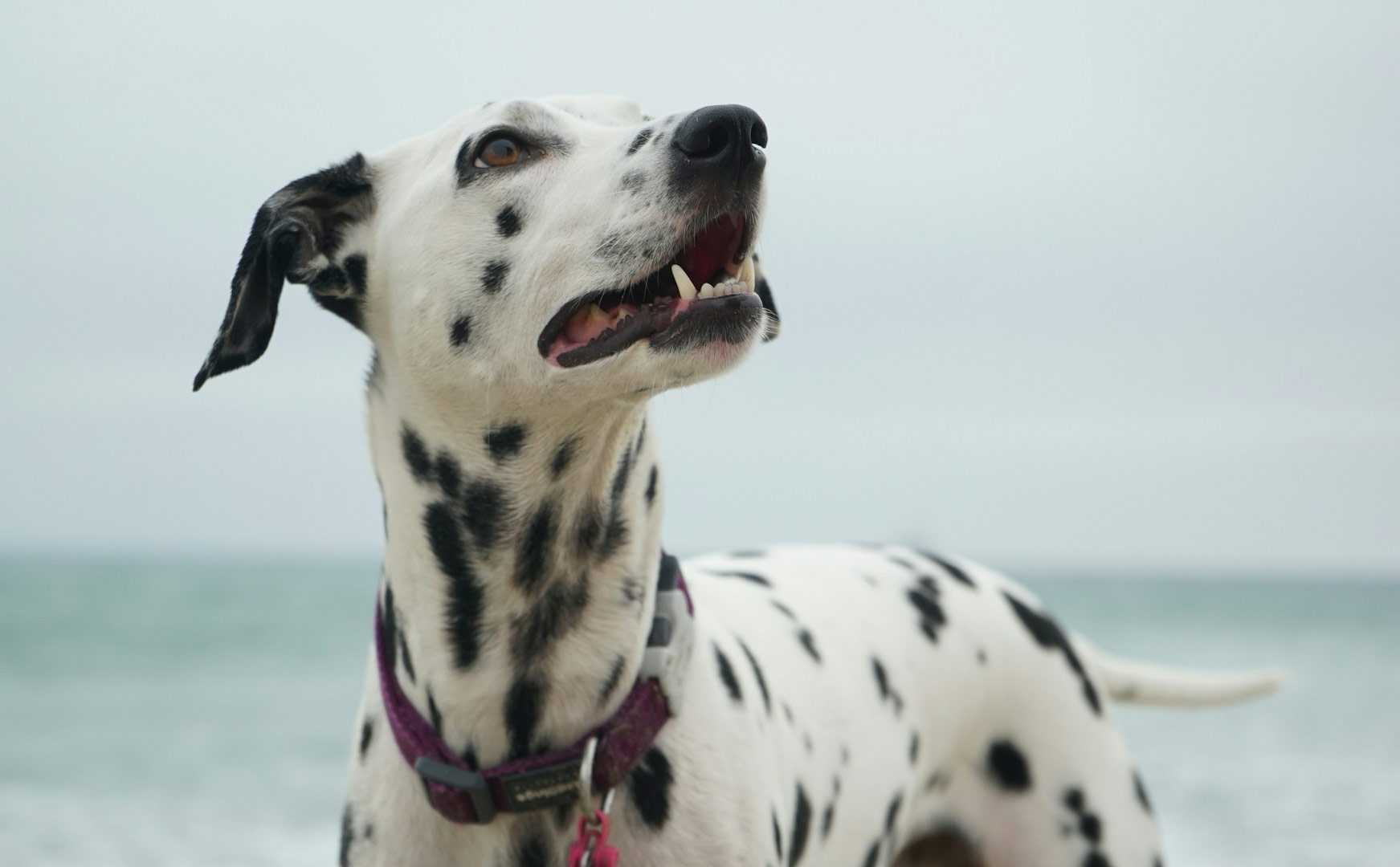 Image credits:
Image credits: 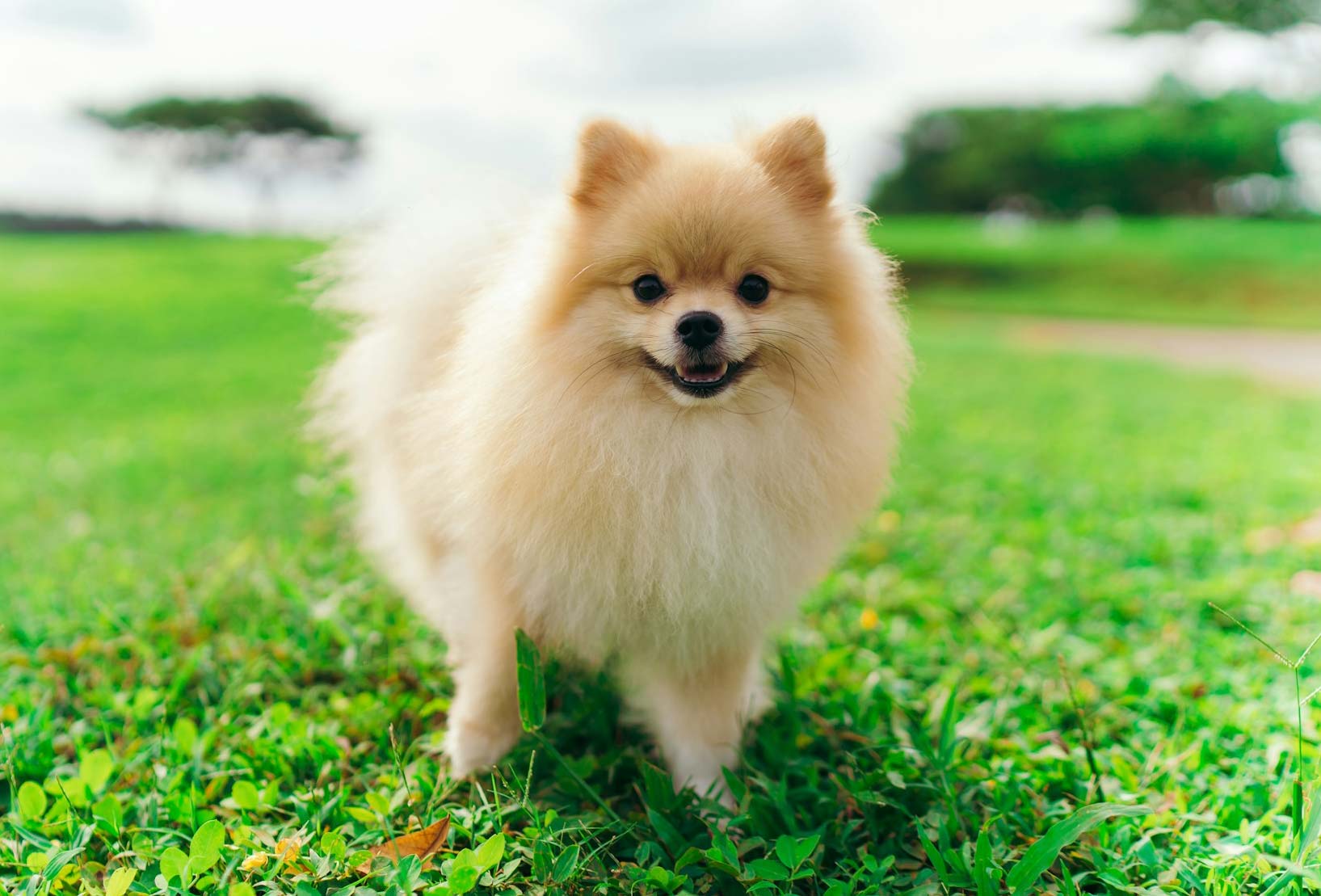 Image credits:
Image credits: 


-3
0